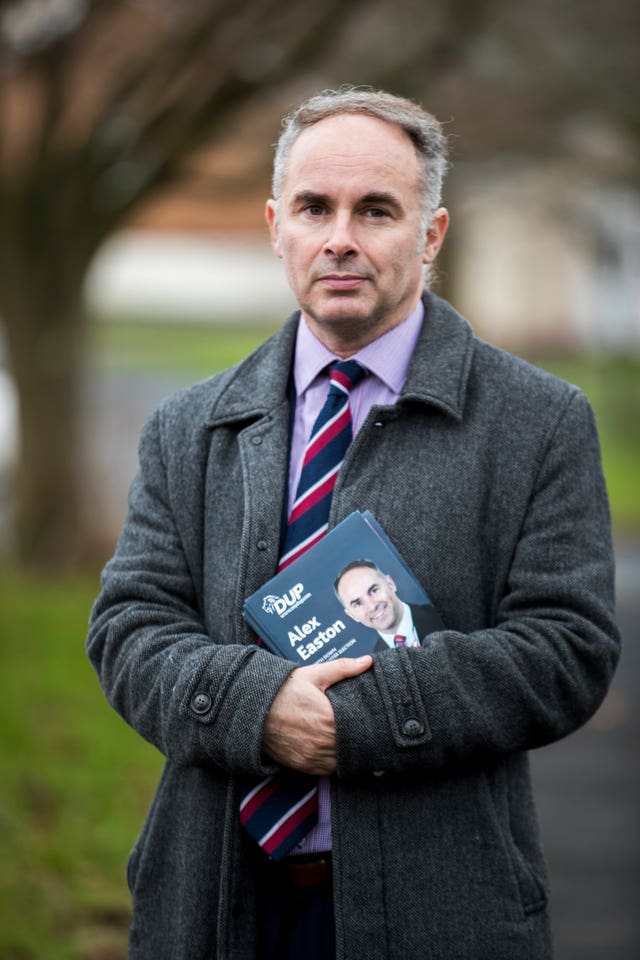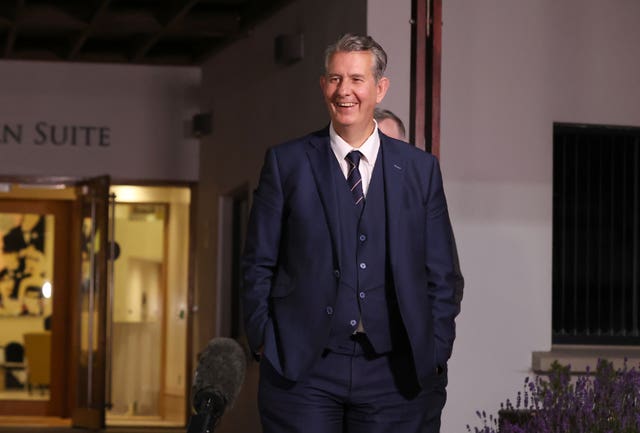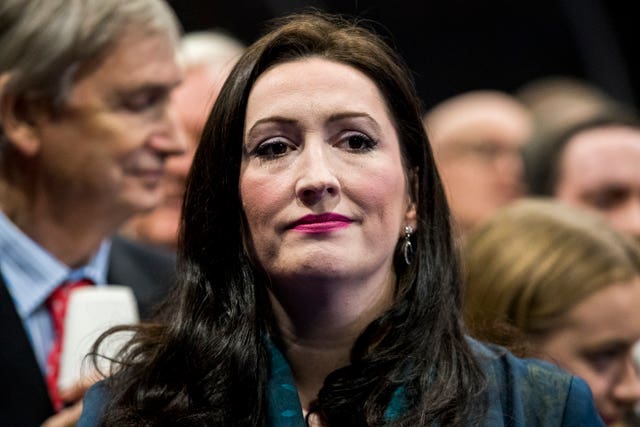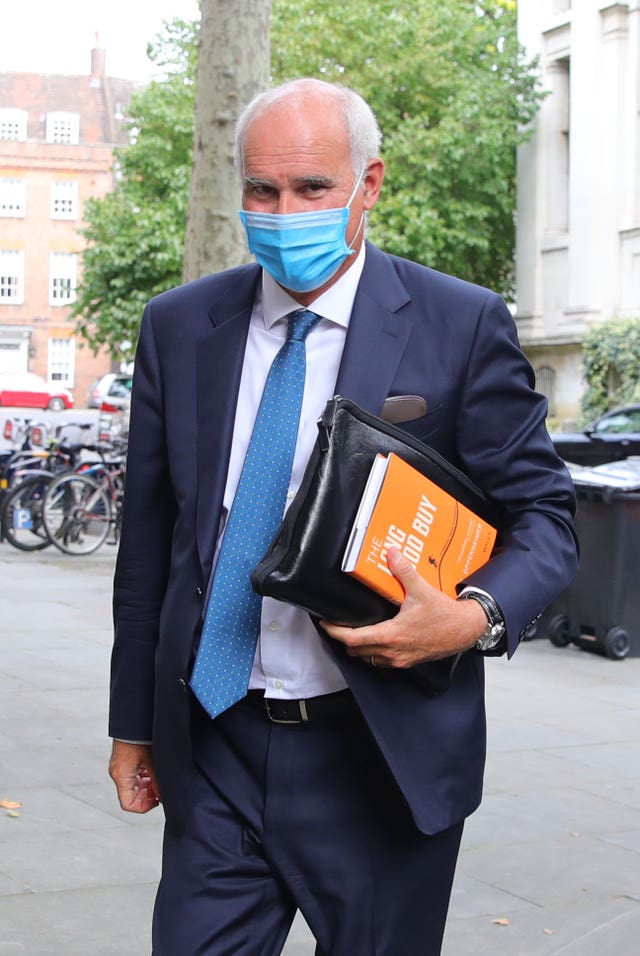Sinn Fein has accused the UK government of conniving with the DUP to deliberately block power sharing at Stormont.
“Cahoots”
Party president Mary Lou McDonald claimed Boris Johnson was “in cahoots with the DUP” in preventing the formation of a new Executive and Assembly in Belfast. McDonald alleged Johnson was “recklessly and cynically” facilitating the DUP as part of a “game of brinkmanship” with the EU. This was over Brexit’s contentious Northern Ireland Protocol.
McDonald made comments following a meeting of Sinn Fein’s ruling council (ard chomhairle) in Dublin. They come ahead of Johnson’s anticipated visit to Belfast on 16 May to hold talks with the region’s political leaders. In the wake of last week’s Assembly election, the DUP has refused to re-enter a power-sharing executive. It claims to be doing this in protest at post-Brexit trading arrangements which have created barriers on goods moving between Great Britain and the North of Ireland.
Under Stormont rules, a new administration cannot be formed without the participation of the largest unionist party.
The DUP has also blocked the nomination of a new Assembly speaker. This means the legislature at Parliament Buildings cannot meet while the impasse continues. The moves come amid mounting speculation that Johnson may signal an intent to override aspects of the Northern Ireland Protocol by way of domestic legislation. However, this is a tactic which the EU has warned against.
Changes
The Stormont election saw Sinn Fein displace the DUP to become the overall largest party in the North of Ireland for the first time. Addressing reporters in Dublin, McDonald said:
The DUP have not simply called a halt to the formation of an Executive, they have equally attempted to place a veto on the operation of the Assembly.
I mean, it is outrageous.
And the British government have assisted the DUP in these blocking tactics and they need to desist and certainly when we meet Boris Johnson on Monday we will be making that very clear to him.

On the prospect of unilateral action from the UK over the protocol, the Sinn Fein president added:
It is very dangerous, it’s reckless, it’s a game of brinkmanship, very cynically carried out by a Tory government in London that has no care for the island of Ireland, north or south.
The republican leader said people should not be overly “spooked or distracted” by Johnson’s “rhetoric”. She said the London government had repeatedly failed to act in “good faith” throughout the Brexit process. And she added:
They have consistently threatened to act and have acted unilaterally.
And let’s just be clear that the protocol is going nowhere. The protocol is a necessary outworking of Brexit for which the Tory party and the DUP campaigned.
And the British government cannot use Ireland as a pawn, we won’t be the collateral damage in the Brexit negotiations.
She added:
We’re not one bit naive as to what’s happening here – it is very clear that the Tory government in London is in cahoots with the DUP to stall and to hold back progress, to frustrate the will of the people as expressed in the election and that, to anybody who calls themselves a democrat, is clearly unacceptable and clearly shameful. And that case will be made to Boris Johnson.
“Punishing the public”
Party vice president Michelle O’Neill will be in line to become Northern Ireland’s first minister if the DUP does agree to go back into government. She also addressed the ard chomhairle on 14 May.
Afterwards, O’Neill also criticised Johnson:
They (the DUP) are punishing the public for their own Brexit mess and they’re being facilitated in that by the Tories.
They are punishing the public and that is not acceptable. And Boris Johnson has no mandate here on the island of Ireland.
But yet he’s facilitating this DUP madness at a time whenever the people need us to be there for them.
Justifying his party’s stance, DUP leader Jeffrey Donaldson has said there’s a need for a “very clear message” to be sent to the UK government and the EU that action must be taken on the protocol. He insists the trading arrangements have undermined the terms of the 1998 Good Friday/Belfast peace agreement. And he has maintained his party will not re-engage with the Stormont institutions until unionist confidence in them is restored.
Last week, Johnson said:
The people of Northern Ireland need leadership, they need a regional, a provincial government… they haven’t got that. That’s a real, real problem.
And the reason they don’t have that is because there’s one community in Northern Ireland that won’t accept the way the protocol works at present – we’ve got to fix that.
Meanwhile, foreign secretary Liz Truss has warned that the UK will have “no choice but to act” if the EU does not show enough “flexibility” on reducing post-Brexit checks on goods crossing the Irish Sea.
Both the Conservatives and the DUP actively campaigned for Brexit.
By The Canary
This post was originally published on The Canary.


 (@DavidHenigUK)
(@DavidHenigUK) 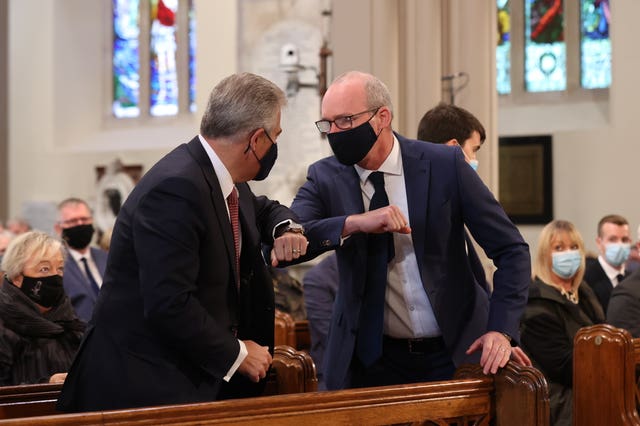
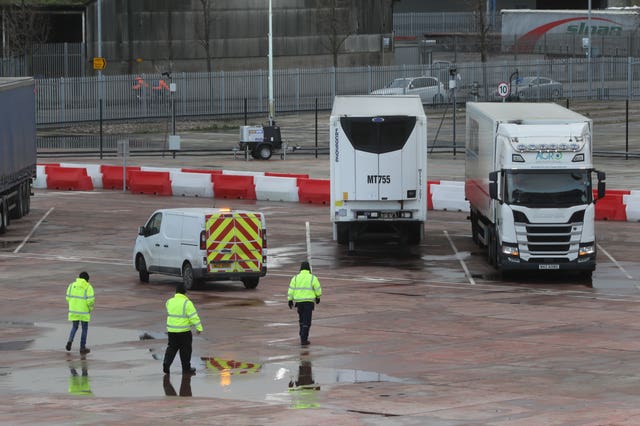
 Continued implementation of the Protocol in its current form would make the position of Unionist Minister’s untenable.
Continued implementation of the Protocol in its current form would make the position of Unionist Minister’s untenable. 
